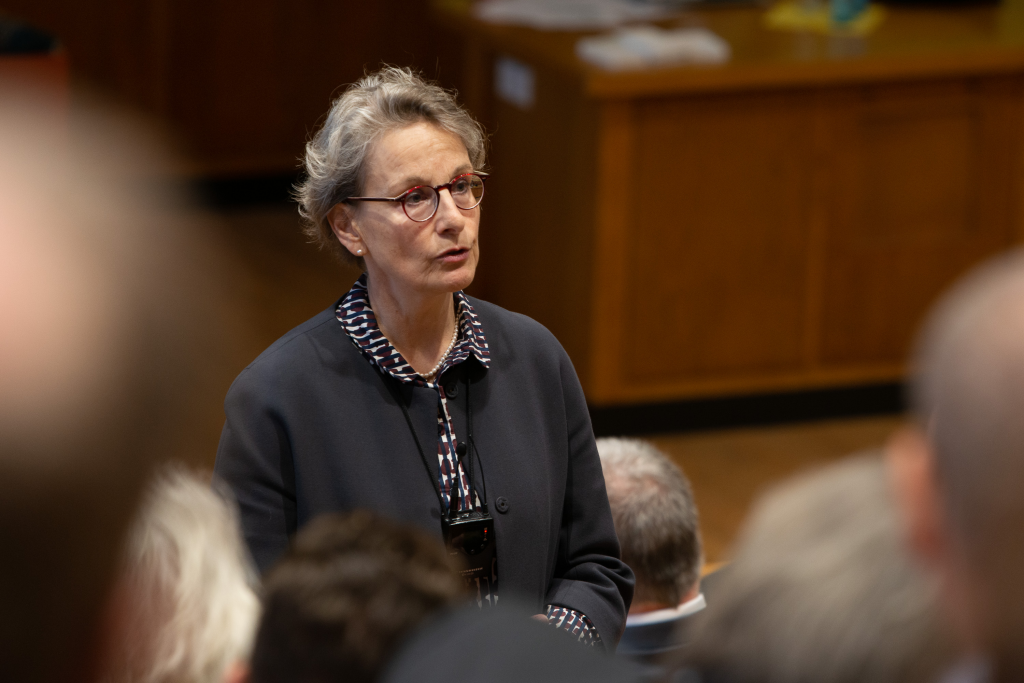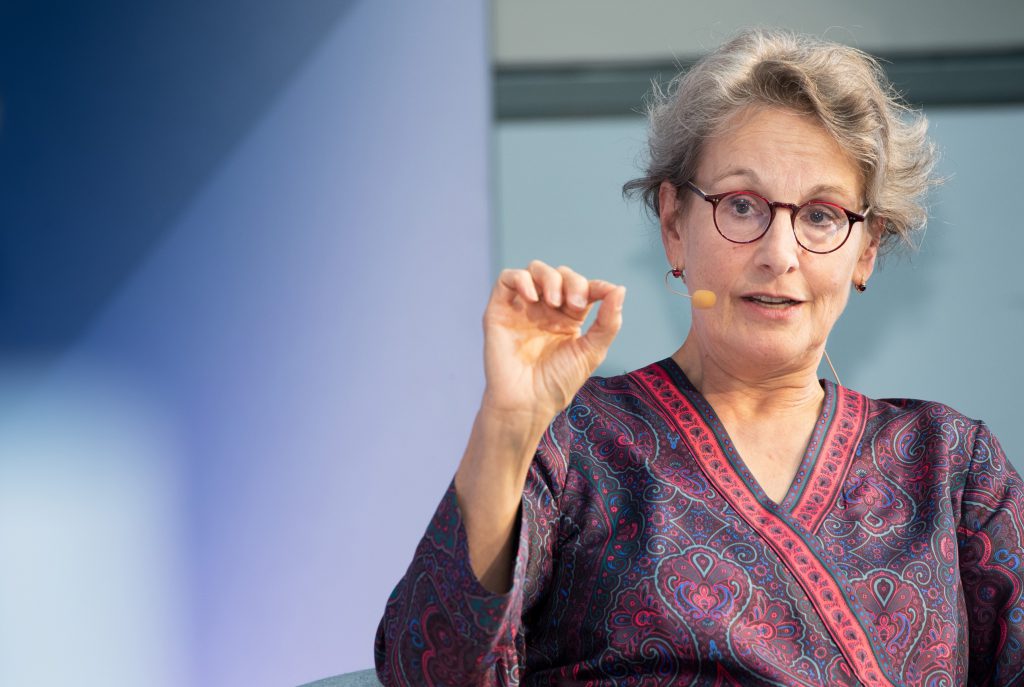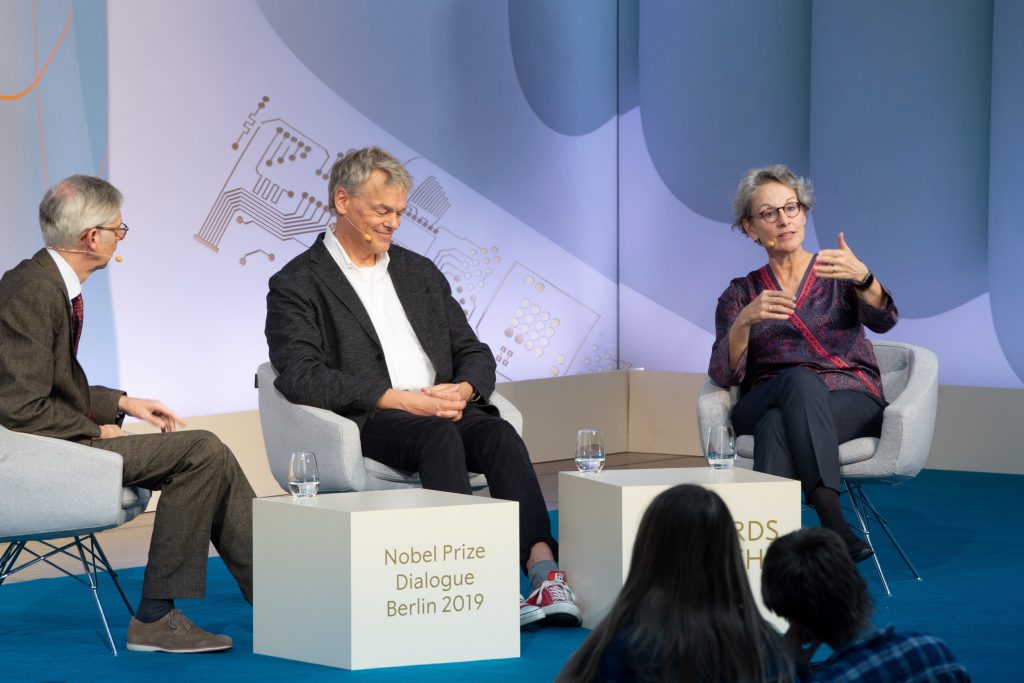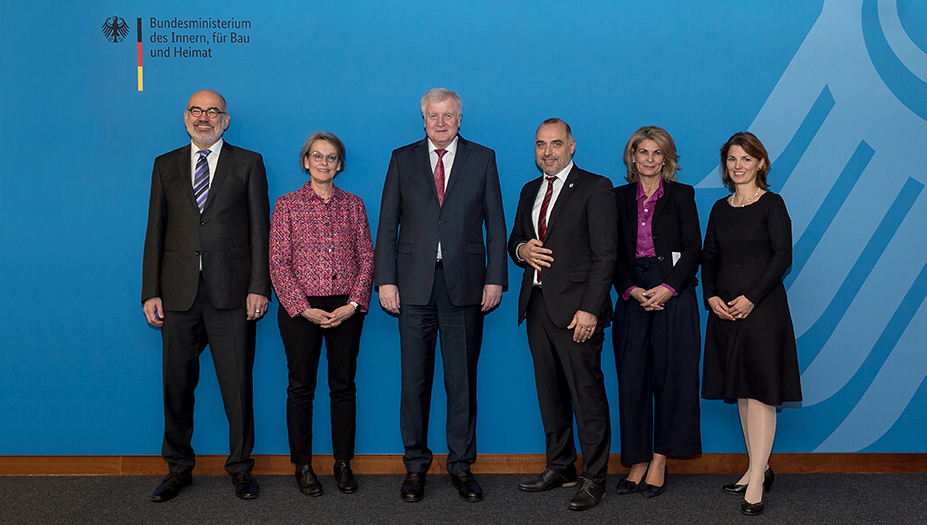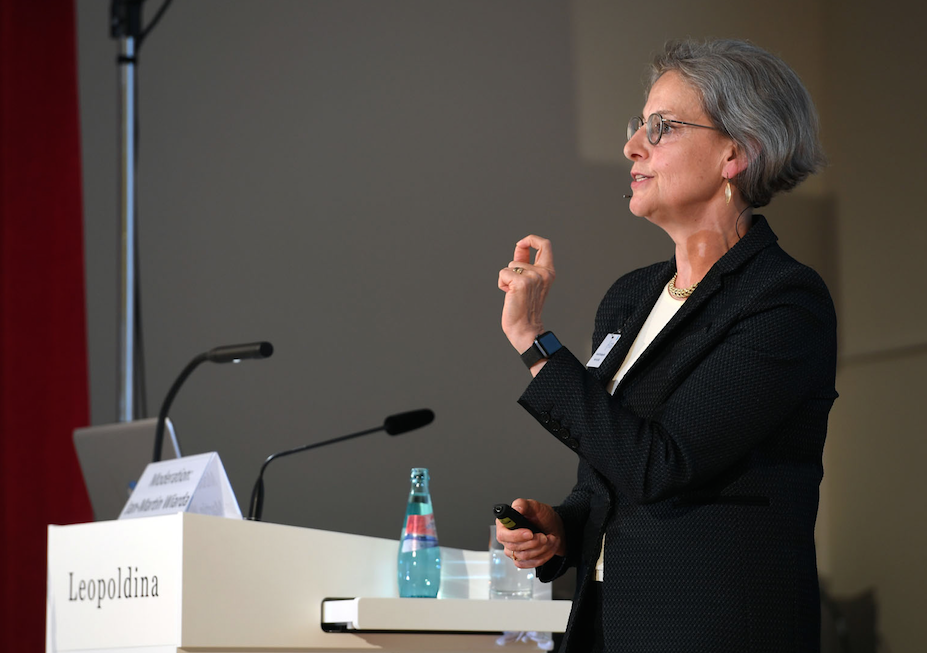After more than 20 years of intensive research, Ursula M. Staudinger has recently published her key findings in an American Psychologist piece titled “The Positive Plasticity of Adult Development: Potential for the 21st Century”. Her positive-plasticity paradigm represents an important step towards a better understanding of the dynamic process of human development and aging and provides valuable starting points to inform social policy and create effective measures to optimize aging.
Humans are living longer than ever before. In fact, the average life expectancy at birth has increased by almost 40 years since 1840. “Not only are people living longer, but they are also enjoying more healthy years,” says Staudinger. “Of course, this is a gift as well as a challenge for individuals and society alike.” Moreover, longer lives highlight an extraordinary feature of humans. “Unlike other species, we have the intrinsic capacity to modify our own development and aging,” explains Staudinger. This happens intentionally or unintentionally, for better or worse, and also within natural set limits.
A new model for human aging
So positive plasticity, as defined by lifespan scientists, is about the potential for modification as an integral characteristic of human development. “It’s important to understand that human development and aging are neither biologically nor contextually determined,” says Staudinger. “It’s far more complex because biological, sociocultural forces and a given person’s behaviors are all part of it.”
To illustrate this dynamic process, Staudinger developed a three-tier interactive model of adult development and aging that enables plasticity. It shows that development trajectories are the result of continuous interactions between organism (e.g. organs, cells), context (e.g. institutions, environment) and person (e.g. behavior, attitudes) creating the potential for intraindividual variations. What’s new about this model is that it includes the person as an active agent of his or her own development. In addition, this third ‘influencing factor’ on the aging process is not only an “emergent property” of the interaction between biology and context but needs to be taken into account in its own right.

Challenge it or lose it
How then can the positive plasticity of human aging be leveraged? Research has shown that positive plasticity can be maintained throughout life until old age unless severe pathological processes (e.g. Alzheimer’s dementia) interfere. “There is substantial evidence that recurrent exposure to novelty and challenge are important triggers of positive plasticity for both personality and cognition,” explains Staudinger. “Learning new skills and processing novel information – whether at work or at leisure – seem to buffer cognitive decline. So really, the motto for societies of longer lives should be ‘challenge it or lose it’.”
In times of population aging, there is a growing need to know more about the conditions facilitating positive plasticity of adult development. This means looking further into constellations of sociocultural and physical context characteristics, behavioral patterns of individuals as well as their biological endowments to optimize aging for as many individuals as possible. “But we will have to differentiate between groups of people as there is no promising ‘one-size-fits-all’ approach,” Staudinger stresses. “Although we still have a long way ahead, the insights gained permit us to take steps in the right direction. And when older people live healthier and independently for longer, everyone benefits.”
APA Journals Article Spotlight | Rethinking adult development
